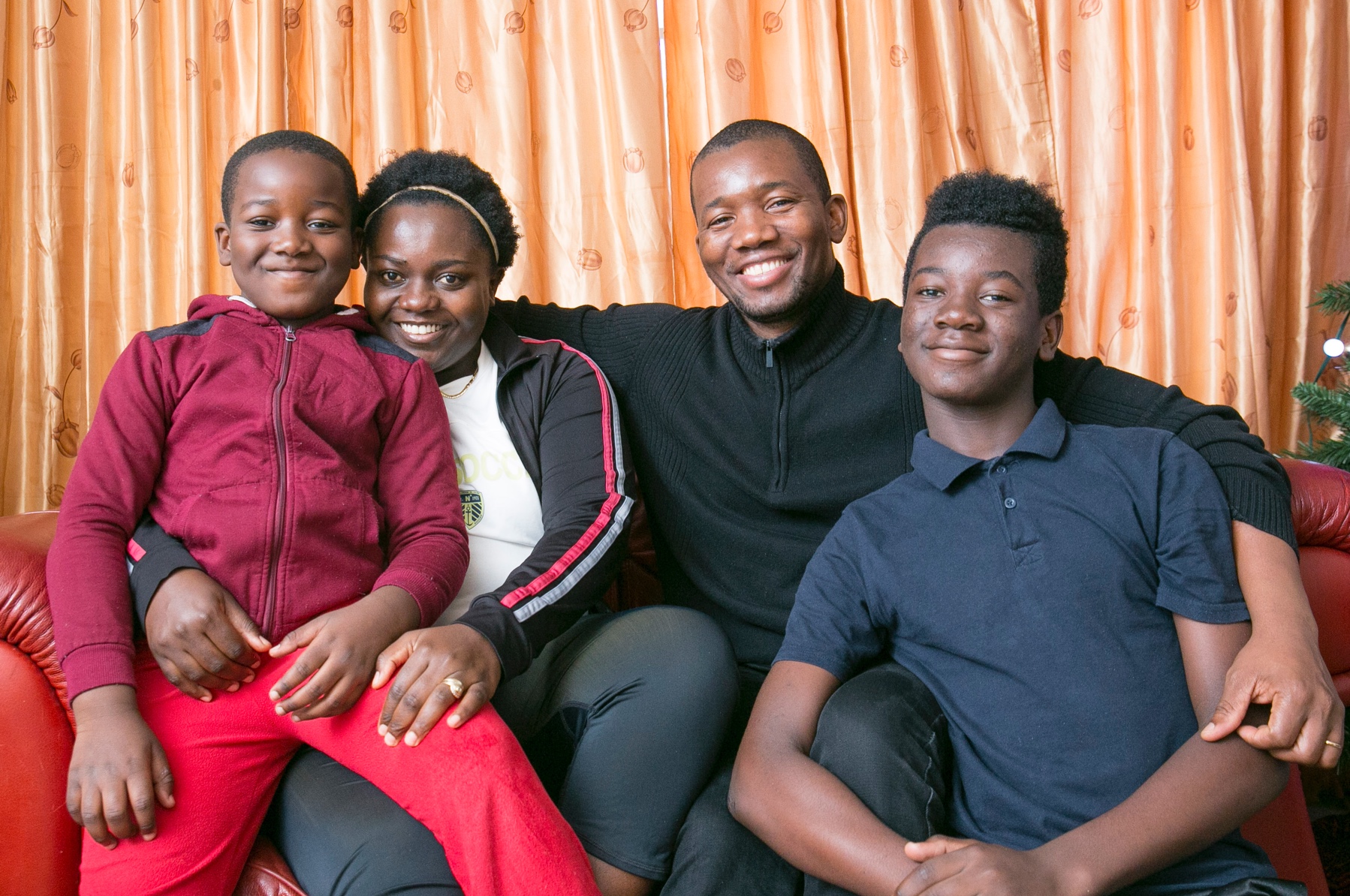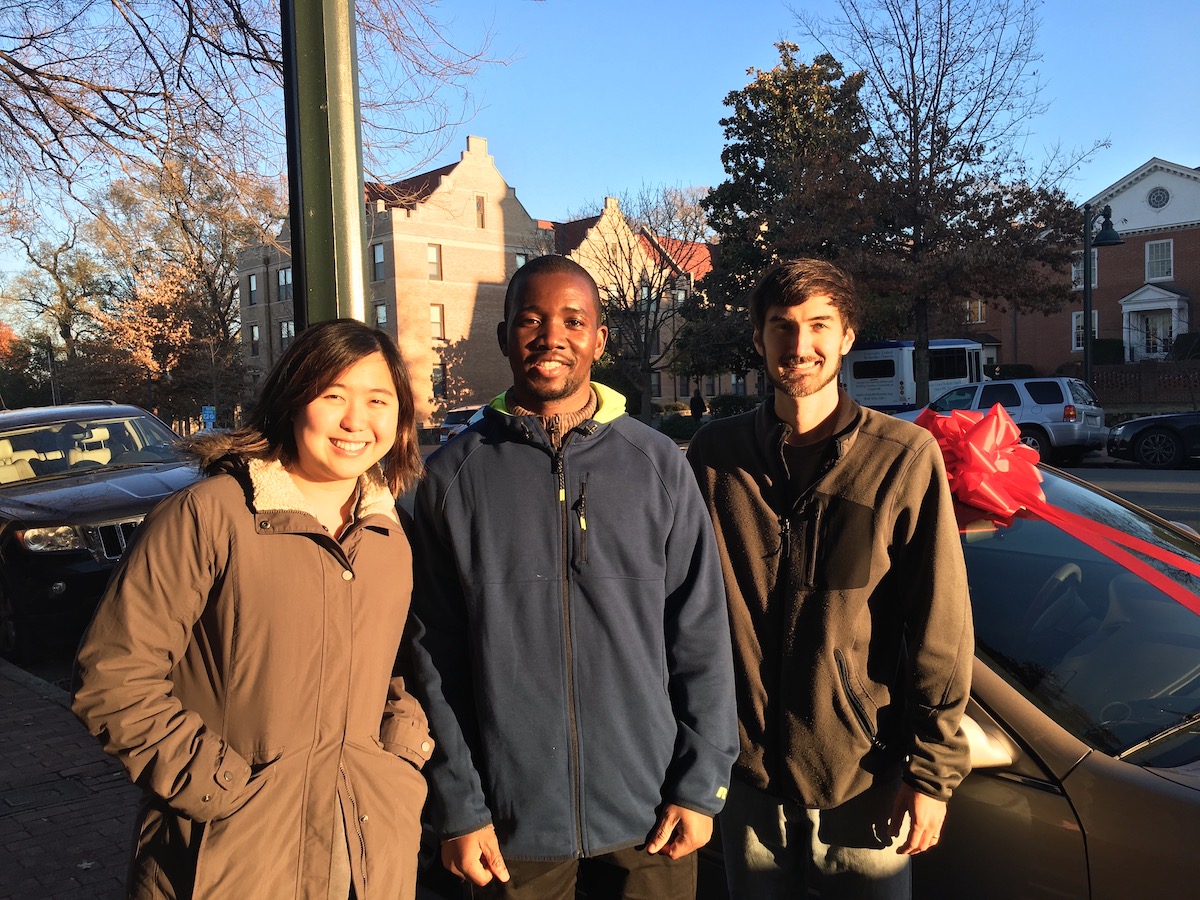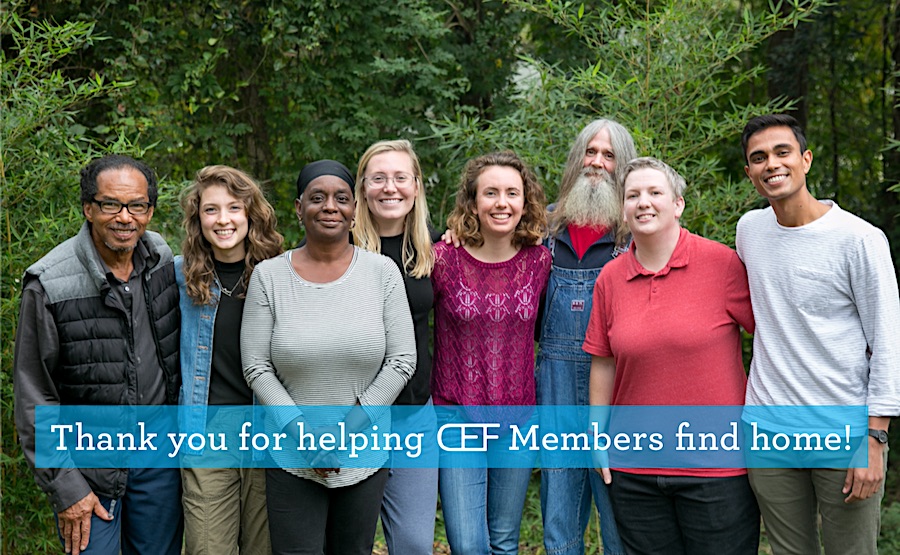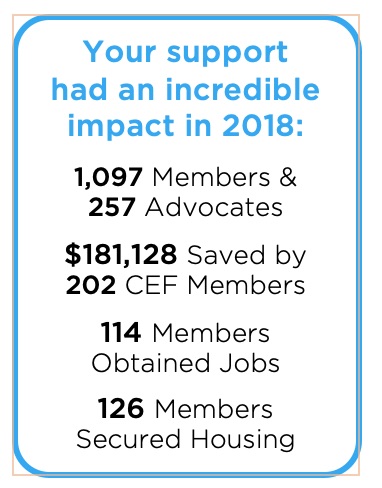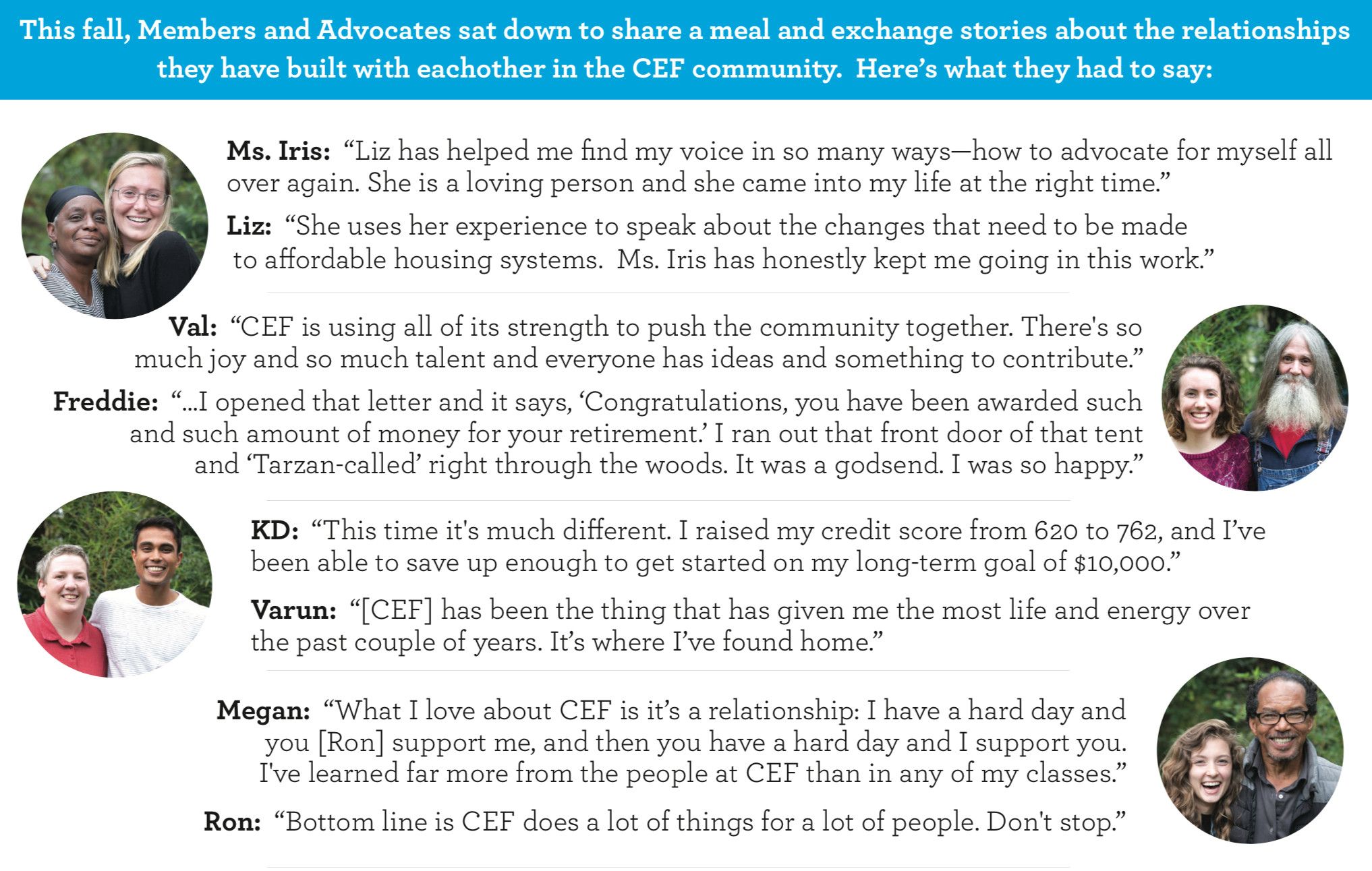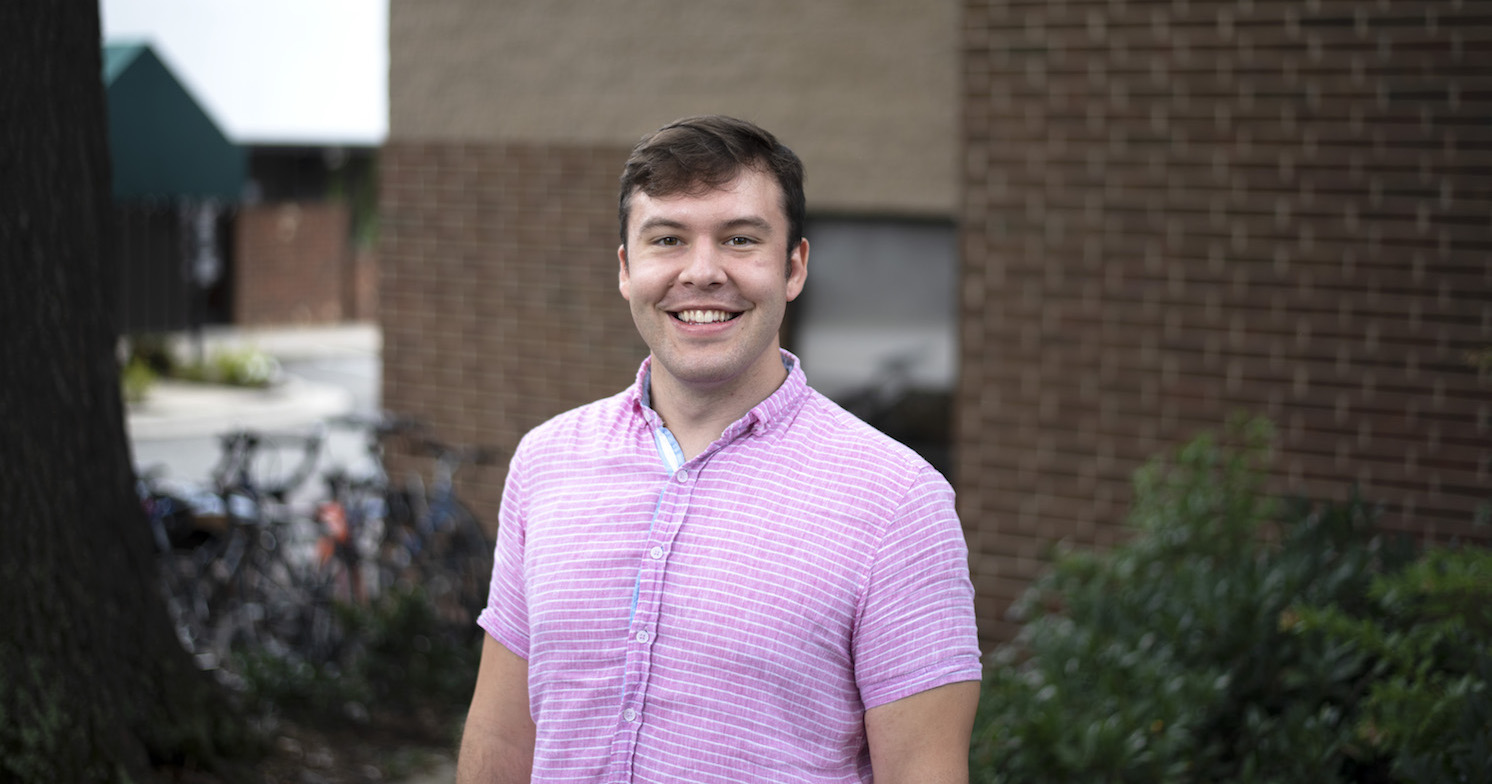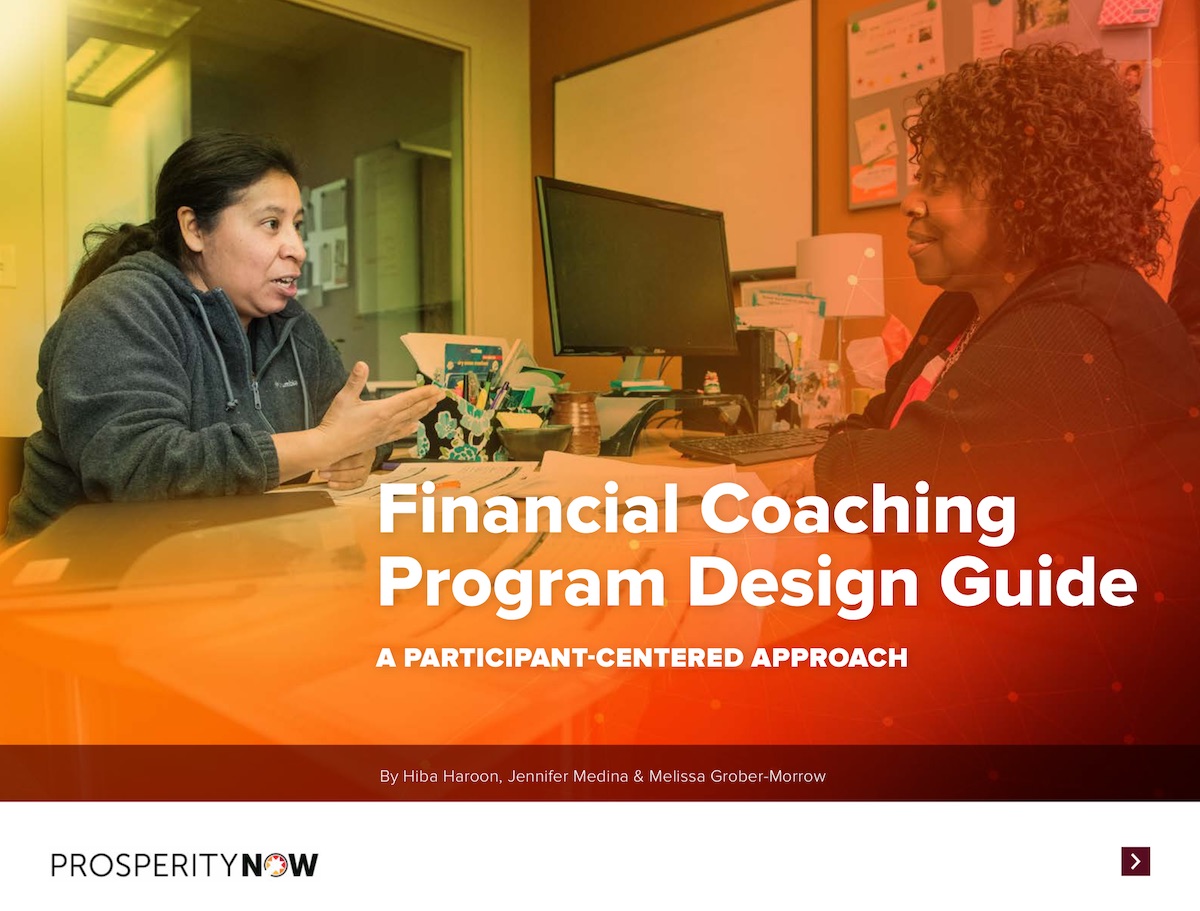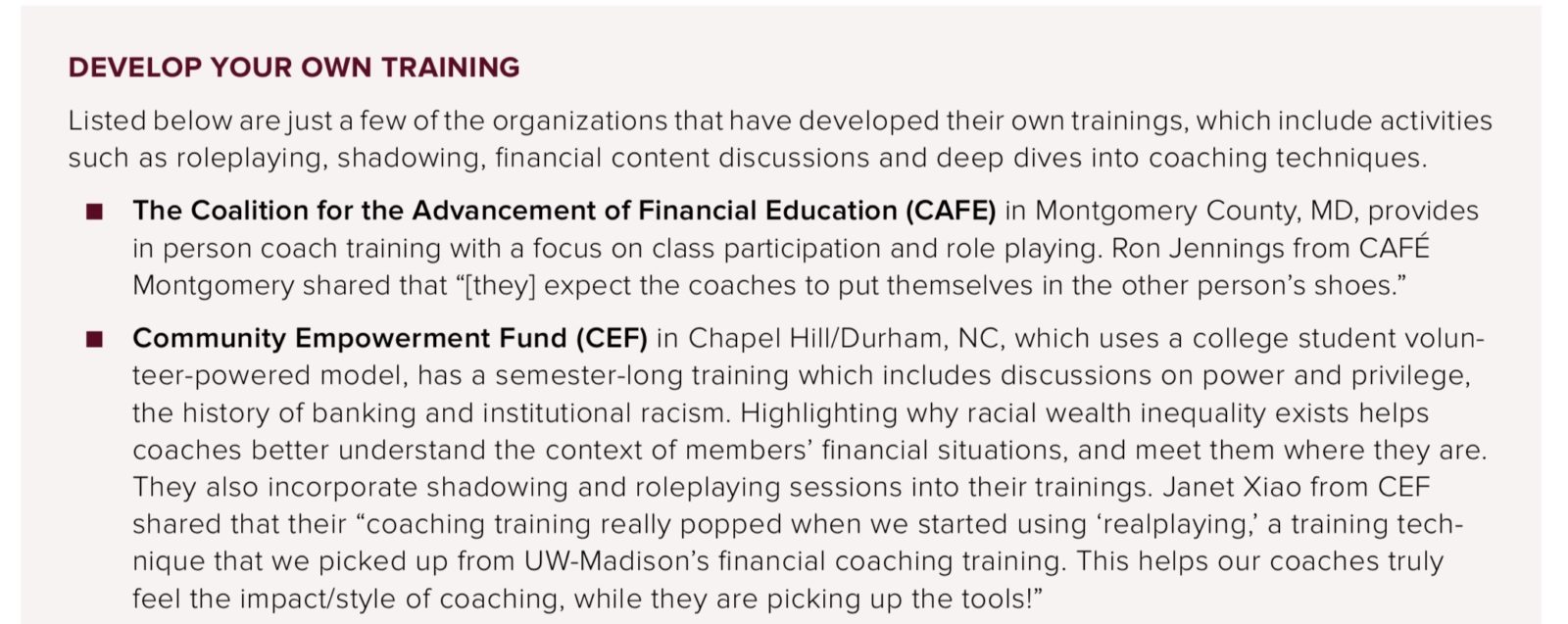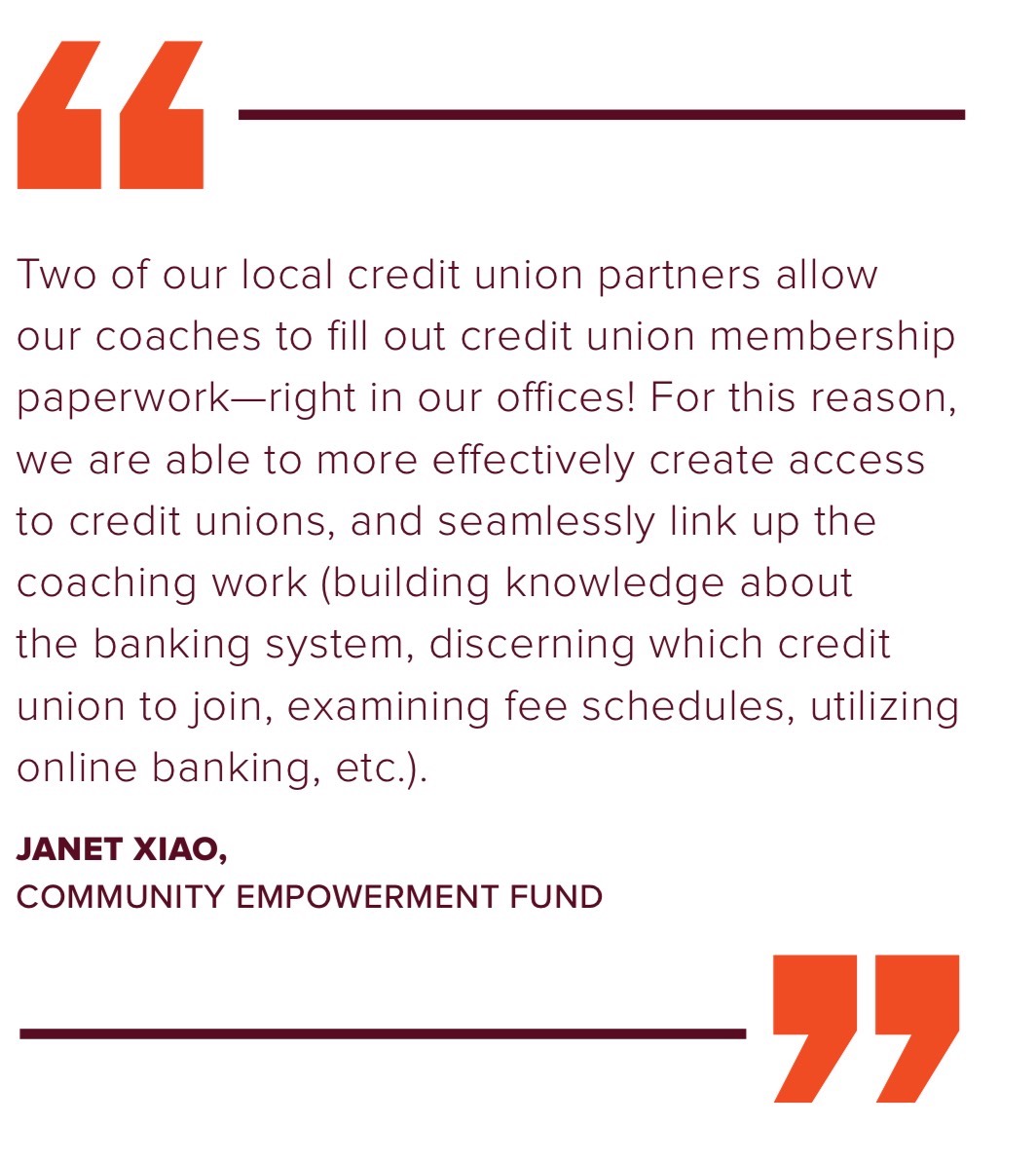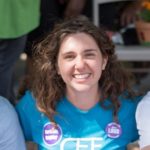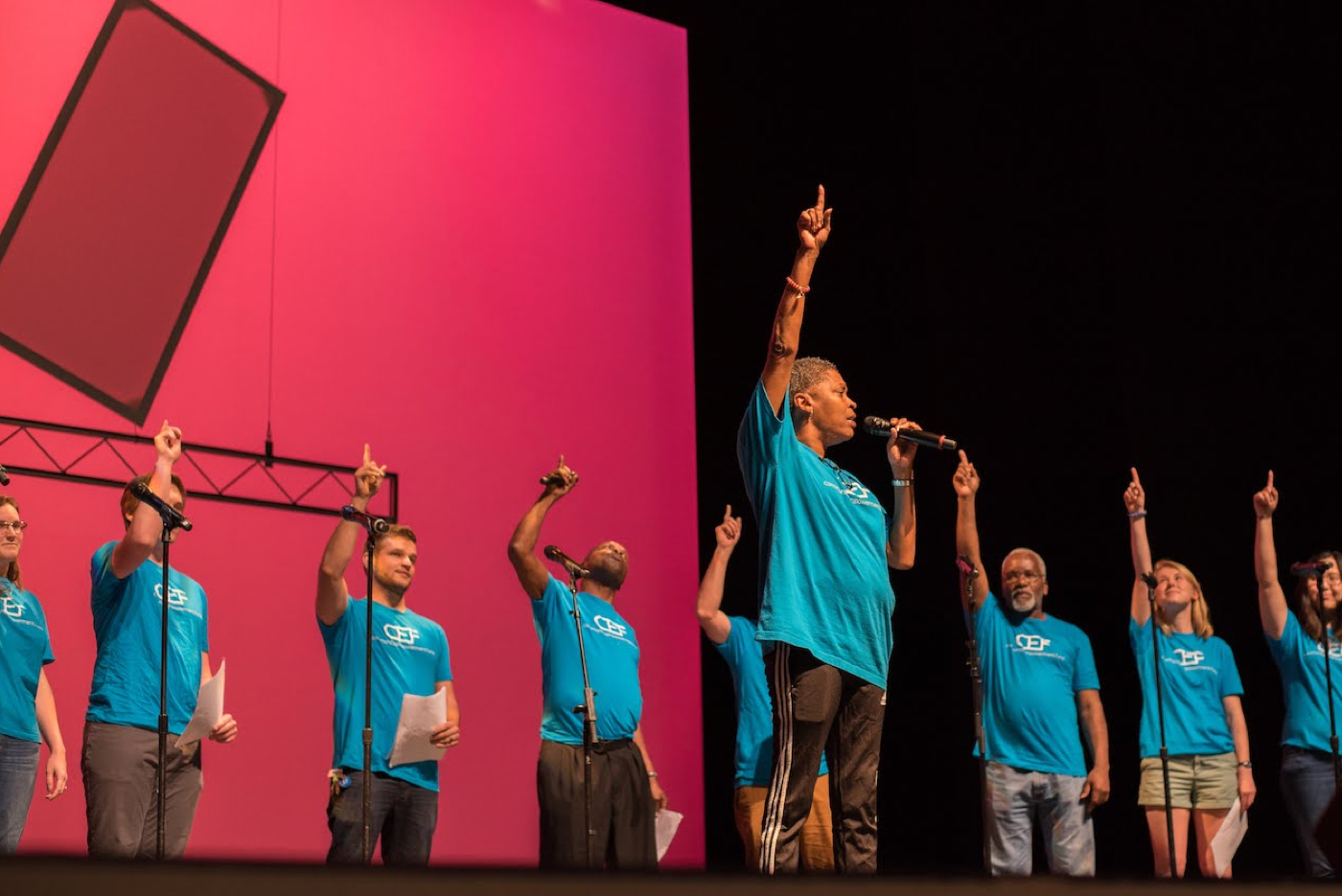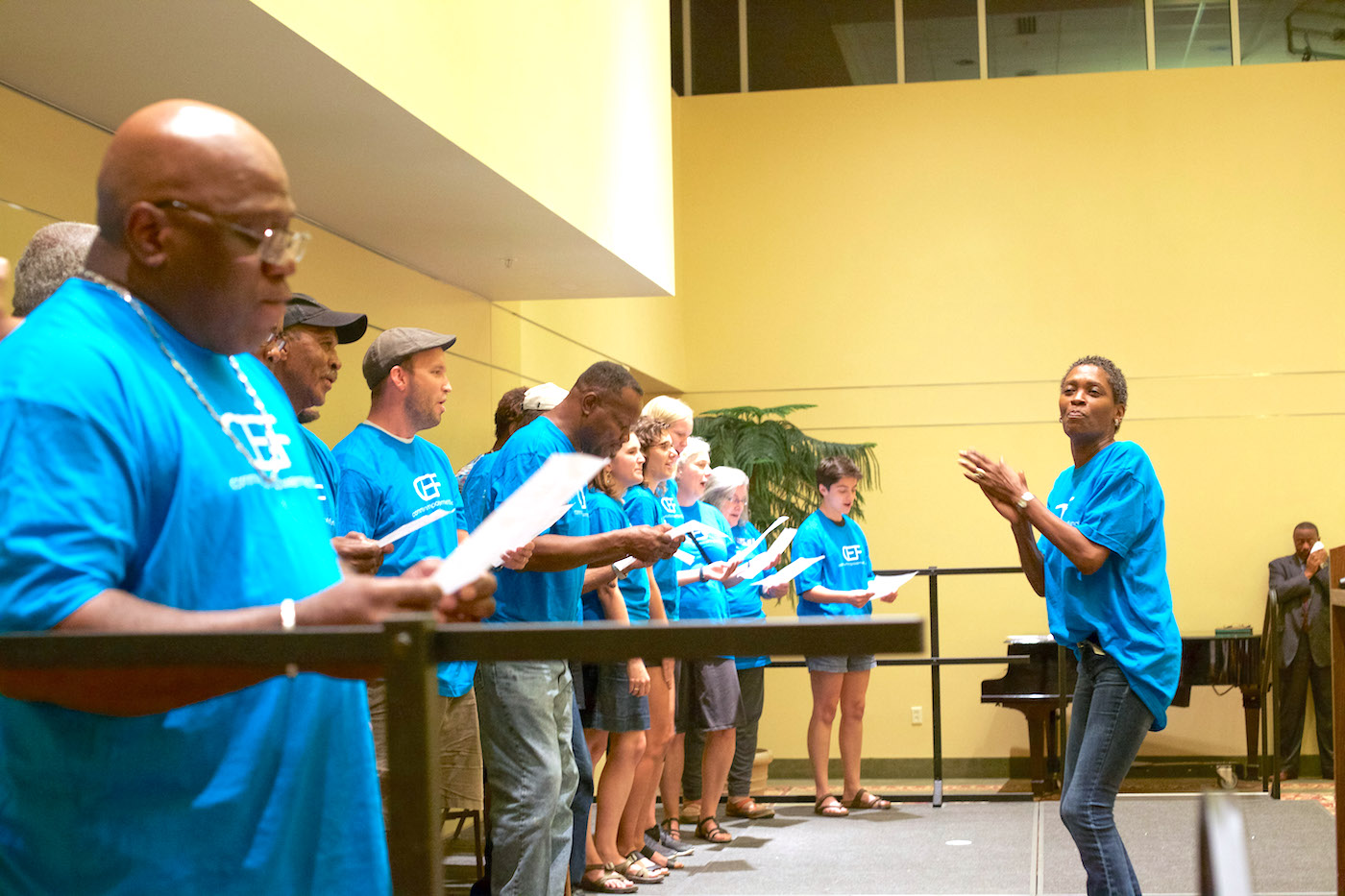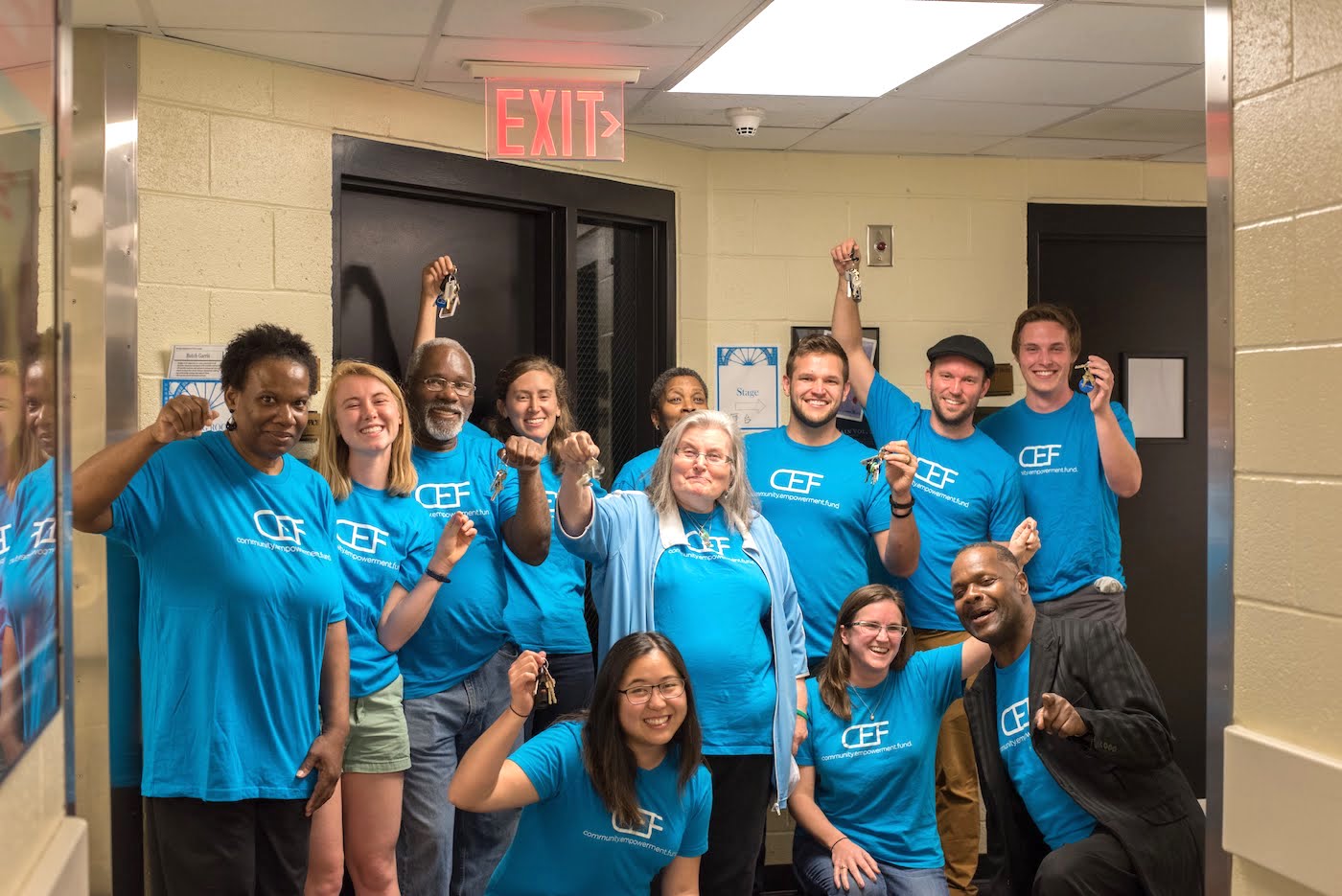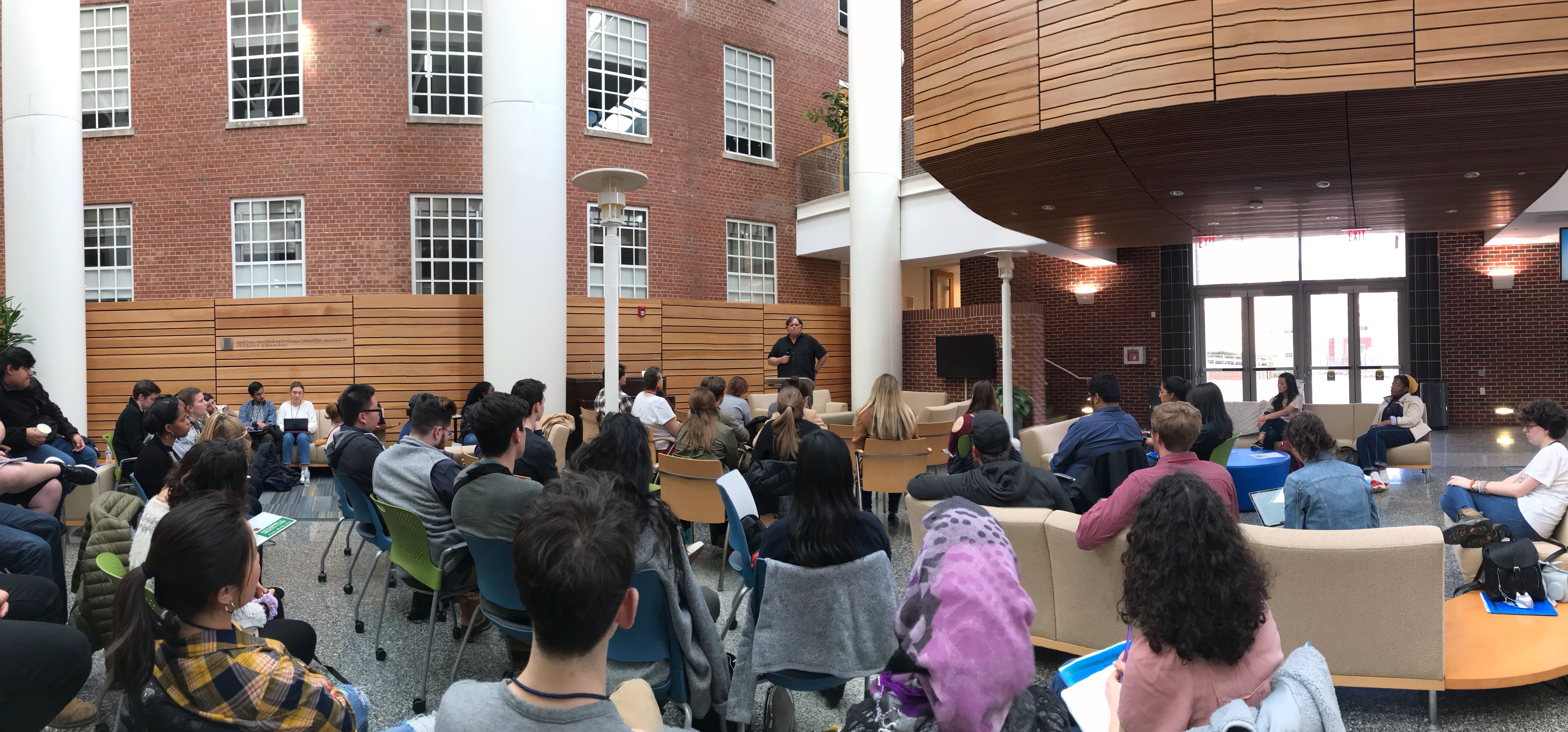
Written by Joyce Yao and Connie Longmate
“Stay in school, stay in the Movement.”
— Reverend Liz Theoharis of the Poor People’s Campaign,
On the first weekend in March, CEF Advocates from UNC and Duke put aside their rivalries, to come together and co-host the 2nd annual Summit on Homelessness and Poverty! The three-day summit brought together over 100 students from 25 schools from across the country to share experiences, workshop ideas, and learn from longtime local community organizers. Their collective goal was to continue to grow a national coalition of student organizations dedicated to dismantling systems that perpetuate hunger, homelessness, and poverty.
“The cost of poverty, broadly, is so much higher than the cost of paying people fairly.”
—Jill Johnson, Mayor Pro Tem
Last year, students at Brown University held the inaugural Summit on Homelessness and Poverty that brought together a coalition of student organizations from across the country dedicated to dismantling systems that perpetuate homelessness and poverty. In the 8 months of planning, the summit vision truly came together when Megan Miller and Olivia Simpson proposed that the theme of the Summit be “Abundance,” with the idea that the communities we work within have an abundance of love, resilience, and (as CEF likes to say) people who are “creative resourceful and whole”— and therefore our work should be about uplifting and celebrating that abundance. Hosting this summit meant that we got to help to create a unique space for students to reflect on and share about the abundance in their own communities.
“Joy can be an act of revolution!”
—George Barrett, The Marian Cheek Jackson Center
The weekend was a tremendous labor of love. A true test of the commitment to the work we do, as well as of our ability to open ourselves up to new forms of the pursuit of social justice, which is important perspective when you find yourself debating seemingly trivial things like the number of coffee cups to order and the most fitting genre of music for the welcome reception. We succeeded in bringing together students from different regions of the country involved in all kinds of anti-poverty and homelessness work, effectively connecting one another to a network of students engaged in demanding work that requires the solidarity and accountability that community offers. I’m especially proud of the fundraising we chased extra hard with the goal of lowering financial barriers for folks to participate.
“If you don’t know you don’t know, but once you know, I’m going to hold you accountable.”
— Andrea Hudson, Community Bail Fund
We created sessions around Race Policing and Poverty, Vulnerable Populations, Public Health, Urban Renewal & Displacement (watch the video below), Social Service Gaps and How We Fill Them, Advocating for Policy Change to facilitate a space where students could share, learn, and grow from peers. Hosting the summit also gave us the opportunity to spotlight longtime community organizations and organizers who shared their brilliant wisdom and experiences of organizing in the South.
We are so grateful for our community partners and all of the students who are working alongside their communities to fight for justice through the celebration abundance. It was an honor to host the 2nd annual summit and we’re excited to continue to build the Student Coalition Against Homelessness & Poverty.

